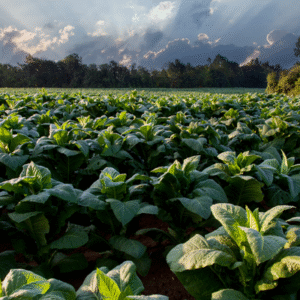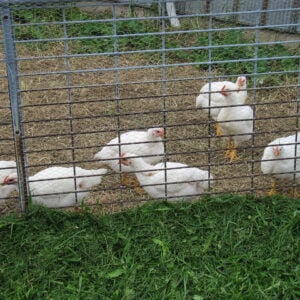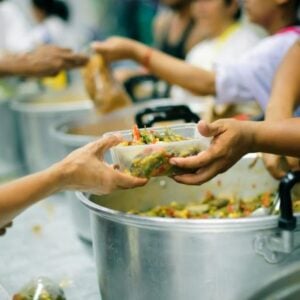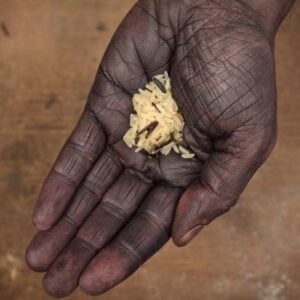In Namibia’s Kavango East region, seventy smallholder farmers have received training to reduce food losses and preserve traditional seeds as part of an initiative themed “Our Seeds, Our Heritage.” The program, led by the Food and Agriculture Organization of the United Nations (FAO) in partnership with the Namibian government and funded by the Global Environment Facility (GEF-7) under the Dryland Sustainable Landscapes Impact Program (DSL-IP), aims to strengthen household food security, protect indigenous seed varieties, and reduce pressure on fragile dryland ecosystems.
The training focused on identifying and tackling hidden post-harvest losses, revealing that poor handling and storage practices can have as severe an impact as losses in the field. Farmers learned practical solutions for harvesting, threshing, storage, and household consumption, helping them safeguard crops such as mahangu, maize, beans, vegetables, and even livestock products. Participants reported a greater understanding of how proper storage could ensure seed viability and reduce dependency on purchasing new seeds.
Extension officers demonstrated affordable and effective storage techniques that preserve both grain quality and seed viability. By protecting indigenous crops like mahangu, farmers are securing their livelihoods while also conserving the genetic diversity vital for dryland ecosystems. Government officials emphasized that preserving indigenous seeds is not only about sustaining food production but also about protecting cultural heritage and building resilience against climate change.
The workshop fostered dialogue between farmers and extension officers, allowing participants to exchange knowledge and explore strategies for reducing waste, improving food supplies, and adapting to climate impacts. To complement the training, the project will provide 20kg storage containers to help farmers maintain seed viability, secure food reserves, and reduce pressure to expand farmland into vulnerable ecosystems, supporting biodiversity conservation and reforestation efforts.
By combining technical training, traditional knowledge, and government support, the FAO–GEF initiative is helping Namibia’s dryland communities build resilient food systems while empowering farmers to protect both their heritage seeds and the landscapes on which they depend.







